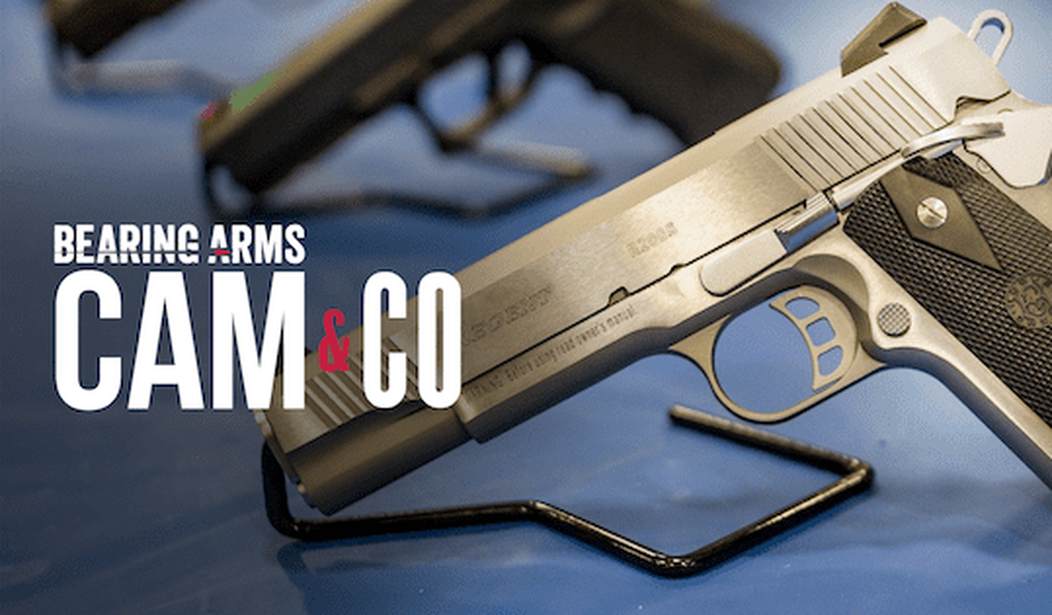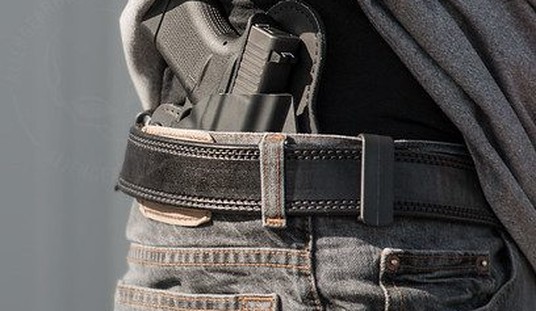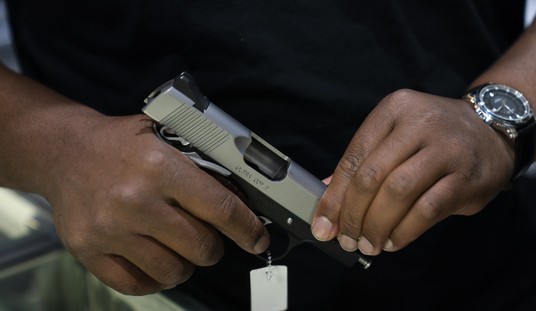A lawsuit filed against several Connecticut police chiefs over lengthy licensing delays got its day in court on Tuesday as a panel of Second Circuit judges wrestled with precedential decisions that make it nearly impossible for groups like the Connecticut Citizens Defense League to challenge gun control statutes.
Advertisement
On today’s Bearing Arms Cam & Co, CCDL’s Holly Sullivan sat down with me to talk more about the case and its importance to 2A litigation in the Second Circuit going forward. The underlying issue in CCDL v. Thody is the long wait times that would-be gun owners are suffering in Connecticut when applying for a license to own and carry a handgun, but the case has yet to be heard on the merits. The licensing authorities who are being sued ended up approving the permit requests after the litigation was filed, which mooted the complaints of the individual plaintiffs, according to a district court judge’s decision. But the judge also declared that the CCDL didn’t have standing to sue on behalf of their members, which has had the practical effect of allowing these lengthy delays to go unchallenged.
A big part of the problem, according to Sullivan, is the controlling precedent in the Second Circuit going back almost 50 years holds that organizations cannot sue on behalf of their members when their constitutional rights are violated. The Second Circuit is an outlier in that regard, but Sullivan says she’s hopeful that this will be the case that brings the appellate court in line with both the Supreme Court and the vast majority of circuit courts around the country.
“Any time we file a lawsuit, right from the start the defendants go ‘well they don’t have standing’. They constantly say CCDL can’t file a lawsuit because we don’t have standing here. And that goes for all gun rights organizations. If they have members here in the Second Circuit it’s very difficult. Why file a case here when you can go elsewhere where they do recognize associational standing? However, we live here so we’re gonna try to fix it here,” Sullivan said with a smile.
Advertisement
I had to go back and look to see how the New York State Rifle & Pistol Association managed to remain a part of the Bruen case given the problems with associational standing, and as it turns out both the district court and Second Circuit basically punted on the issue, ruling that because individual plaintiffs Robert Nash and Brandon Koch were both members of the NYSPRA, “the Court need not address the issue further”… though U.S. District Court Judge Brenda Sannes did take pains to note in her decision that “NYSRPA’s failure to allege any institutional injury may be ‘plainly insufficient to give rise to standing'” on its own.
The individual plaintiffs in Thody may be CCDL members, but that apparently didn’t matter to the district court judge overseeing the case since their licenses were approved before oral arguments took place. The resulting Catch-22 means that the state is free to abuse the Second Amendment rights of residents for as long as they want, or at least until individual would-be gun owners file lawsuits of their own. After forcing them to pay thousands of dollars in legal fees the licensing authorities can then moot their cases by approving or denying their license request, but the underlying infringements can continue to take place against every other applicant going forward. Associational standing is desperately needed in order to end these abuses, and Sullivan believes if the standing issue is resolved it will be a game-changer for Second Amendment litigation in the Second Circuit going forward, which would not only have a positive impact on Connecticut gun owners, but New Yorkers and Vermont residents as well.
Advertisement
Tuesday’s oral arguments didn’t provide any substantive clues as to how the panel will rule, but both Sullivan (who was in the courtroom) and I (who listened to the audio of the arguments) agreed that at least two of the three judges seemed to appreciate and understand the implications of the Second Circuit’s position on constitutional challenges. Whether that will be enough to chart a new course for the appellate court remains to be seen, but I’m cautiously optimistic that Thody will ultimately get a chance to be heard on the merits; something that would be an important victory for Second Amendment advocates all on its own.









Join the conversation as a VIP Member